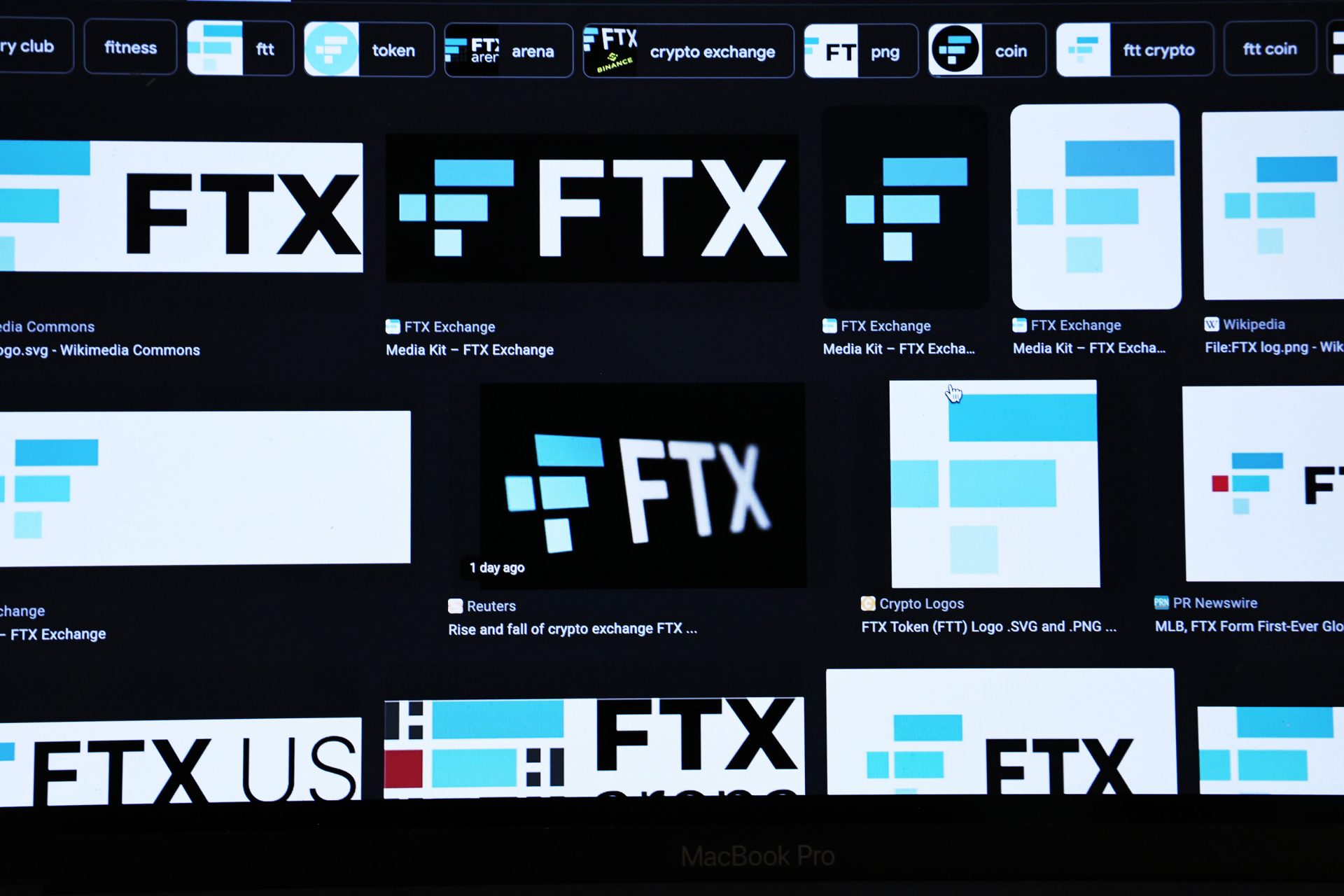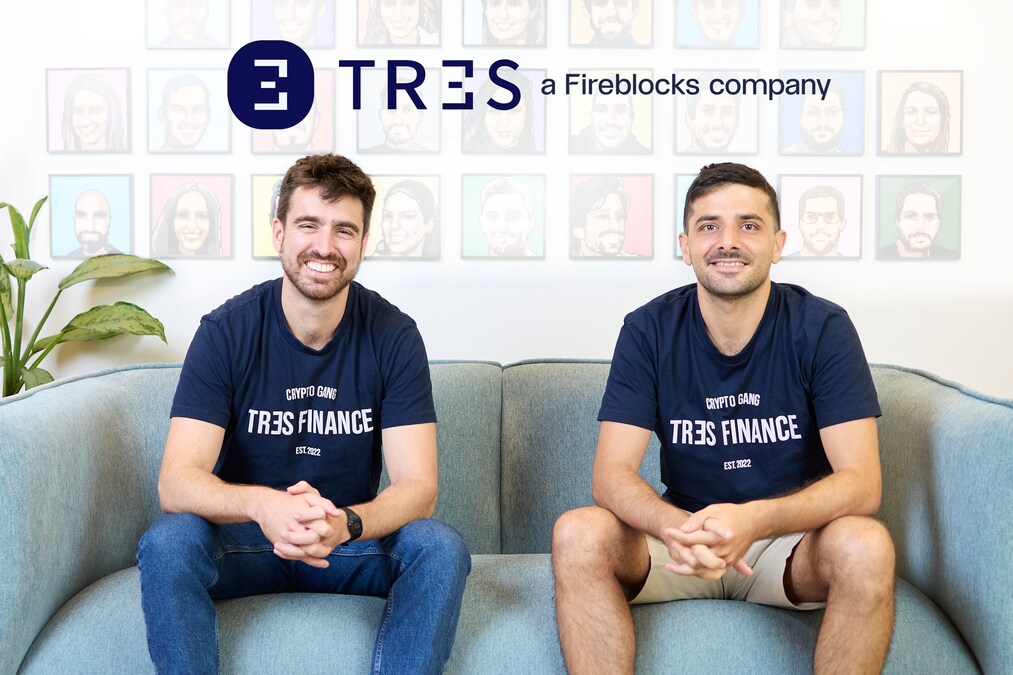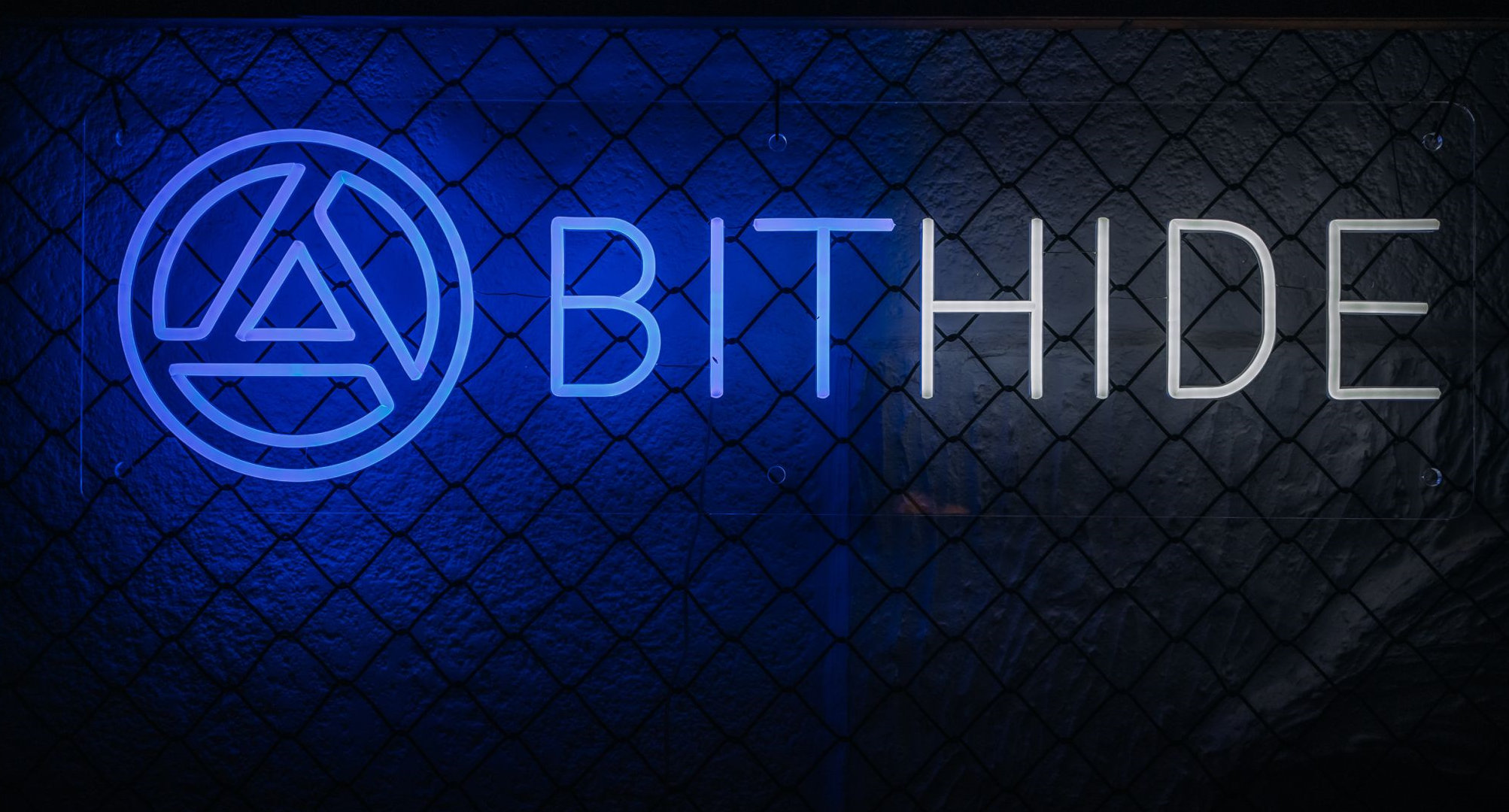By Jeremy Hill, Steven Church, and Yueqi Yang, Bloomberg News (TNS)
A “substantial amount” of FTX Group’s assets “have either been stolen or are missing,” an attorney representing the firm told a bankruptcy court Tuesday in the company’s first court appearance since its rapid descent into insolvency.
“Unfortunately, the FTX debtors were not particularly well run, and that is an understatement,” James Bromley, co-head of the restructuring practice at law firm Sullivan & Cromwell, told a judge in Wilmington, Delaware. “We have probably witnessed one of the most abrupt and difficult corporate collapses in the history of corporate America.”
In the hearing Tuesday, U.S. Bankruptcy Judge John Dorsey approved standard motions allowing FTX to continue operating and paying employees while Chief Executive Officer John J. Ray III and advisers pore over the company’s books in search of cash, cryptocurrency and assets that could be sold to help repay creditors. He also temporarily allowed the names of key creditors to remain secret.
The fall of Sam Bankman-Fried’s crypto empire into bankruptcy Nov. 11 was “unprecedented,” Bromley added, noting that an unusual amount of time had past between the company’s filing and its first court hearing.
Once Bankman-Fried signed over control of business, everyone realized for the first time “the emperor had no clothes,” Bromley told the court. The U.S. House and Senate requested that Ray, FTX’s new CEO, testify at some point in December.
Asset protection and recovery is one of the top core objectives now at FTX, in addition to implementation of controls, transparency and investigation, Bromley said at the hearing. Maximizing value is also key for the process, whether it means selling or reorganizing businesses, and FTX will likely ask Dorsey for permission to sell some assets “quite quickly,” he added.
New controls
Bromley said the types of controls put into the system at FTX now include traditional market-standard accounting, audit, data management and human resources. The FTX team is also coordinating with regulators in the U.S. and around the world. Advisers are in frequent communication with the U.S. Justice Department and the Southern District of New York’s cyber-crimes unit, which has opened a criminal investigation related to FTX, Bromley said.
At least two groups of crypto creditors sent lawyers to the hearing to support the company’s request to keep their identities secret. One of the groups includes members who are among FTX’s 50 biggest unsecured creditors, setting the stage for future fights for assets among various creditor groups
Dorsey overruled objections from the U.S. Trustee, an arm of the U.S. Justice Department that serves as a bankruptcy watchdog, and allowed the names of major creditors to remain undisclosed for now. The company’s top 50 unsecured creditors are owed more than $3 billion. A hearing on the issue is scheduled for Dec. 16, and another hearing on what’s known as “second day” motions will follow in January.
Dueling liquidation proceedings in the Bahamas will be transferred to Delaware, Dorsey ruled. FTX’s U.S. restructuring advisers and regulators in the Bahamas will try to work out rules for sharing information and assets, attorney Chris Shore said.
“There is a tension that is going on right now,” Shore said, referring to bankruptcy rules in the U.S. and efforts by the Bahamas liquidators to get control of assets and information about FTX’s collapse.
With assistance from Claire Boston.
(Photo by Michael M. Santiago/Getty Images/TNS)
___
©2022 Bloomberg L.P. Visit bloomberg.com. Distributed by Tribune Content Agency LLC.
Thanks for reading CPA Practice Advisor!
Subscribe Already registered? Log In
Need more information? Read the FAQs
Tags: Digital Currency




